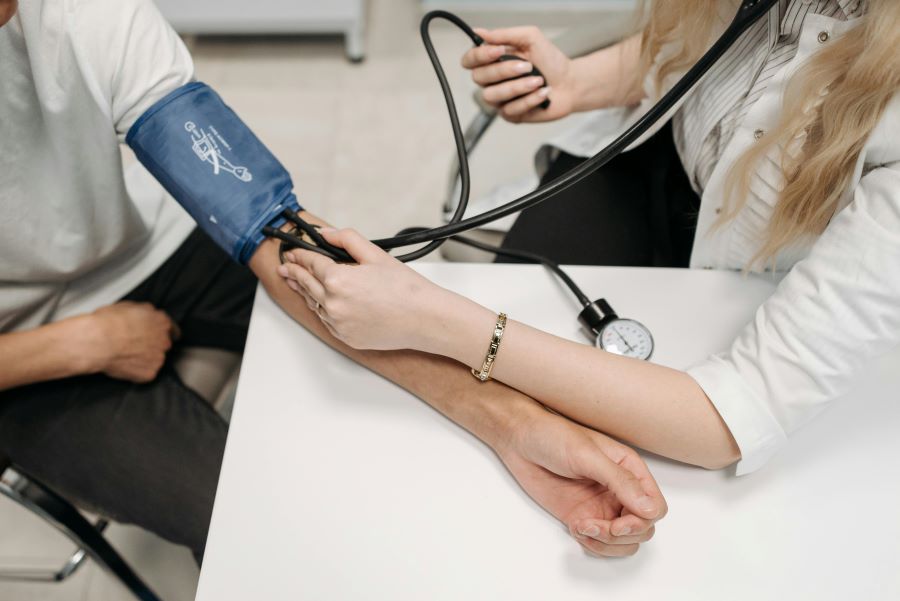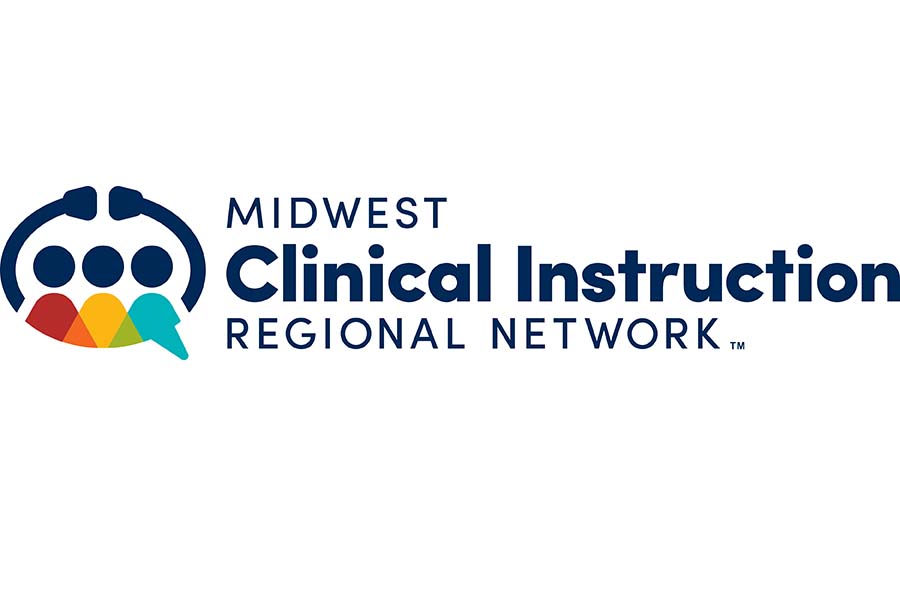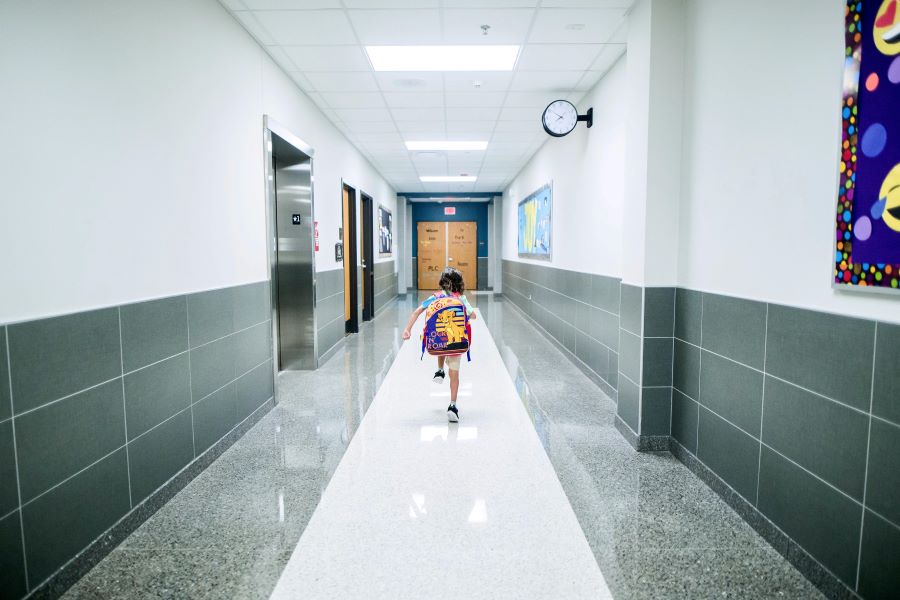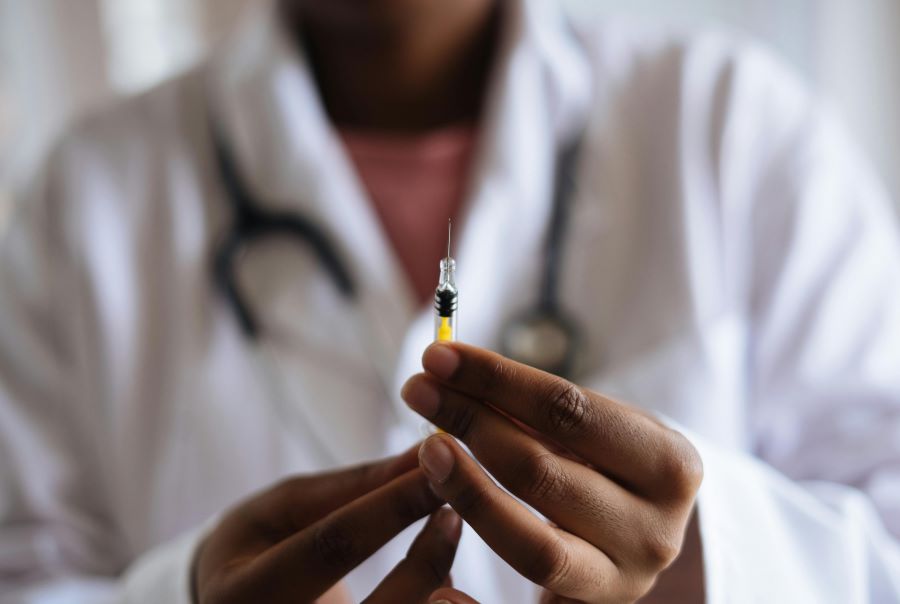Teaching and Learning
Through numerous pathways including Nurse Practitioner fellowships, preceptorships, career pipelines and wellness-based initiatives, our researchers are developing and assessing creative ways to enhance the education provided to our future and existing nurses.
Active Teaching & Learning Projects

uNParalleled
This $2.7M HRSA-sponsored project will expand, enhance and attain CCNE accreditation for the existing uNParalleled Fellowship Program. The primary goal of uNParalleled is to transition newly licensed NPs for practice in comprehensive primary health care organizations that serve medically and socially complex residents of rural, tribal and urban medically underserved Nebraska. Participating fellows receive didactic and clinical training focused on comprehensive primary care and integrated mental health, financial support and access to an on-call faculty preceptor and distance learning platform.

CAPABLE
The CAPABLE project (a Community-Academic Partnership Across the USA and Norway for sustainaBLE nursing education) aims to: establish a sustainable program for student exchange at undergraduate and graduate levels of nursing, increase the mobility of bachelor’s, master’s and doctoral-level students between UNMC and University of Agder in Norway; expand global community-oriented nursing opportunities for both UNMC and Agder students such as through development of a joint graduate course and by facilitating student involvement in research and community-based healthcare projects.

Midwest Clinical Instruction Regional Network
Based upon the concept of modern apprenticeship using innovative, mobile technology and design, this $4M HRSA-sponsored project aims to create a preceptor academy consisting of academic-clinical-community partnerships and an advocacy hub. The project will underpin the development and implementation of a formal nurse clinical education training curriculum capitalizing on micro-learning sessions and just in time training for clinical nursing faculty and preceptors.

Nebraska Collaborative Investment in Nurses
This $2.3M HRSA-sponsored project is delivering well-being interventions and resources to address and reduce burnout and mental health conditions in undergraduate and graduate nursing students, as well as registered nurses and advanced practice registered nurses working in rural and medically underserved areas across Nebraska.

School-Based Health Support Pilot Program
Supported by CDC funding, UNMC CON is working with the Nebraska Department of Health and Human Services and other colleges to develop a pipeline program to place nursing students and nurses in school health settings. (Walter & Wells)

Interprofessional Integrated Care Training Hub
This project will enable the expansion of psychiatric access for students in need along with offering interprofessional opportunities to train and gain exposure to Integrated Care within the University of Nebraska Kearney Student Health Center. This interprofessional training hub will be open to all current and post-graduate learners including family nurse practitioners, psychiatric advanced practice providers such as APRNs and PAs, primary care providers, internal medicine and psychiatric medical residents and behavioral health providers.

Increasing Rural Mental Health NPs
This project will recruit and train nine rural Family Nurse Practitioners and/or Pediatric Nurse Practitioners to advance their education toward becoming a Psychiatric Mental Health Nurse Practitioner (PMHNP).

Bottleneck Course Reduction
This project proposes the use of stress reduction, focused remediation with the ATI software product and the use of in-class simulation based on the formation of clinical judgment to scaffold learning for the BSN student; thereby reducing the incidence of course failure. Successful reduction of failure enables more nursing students to enter the profession at a time when there is an enormous shortage of nursing professionals in the workplace.
Grant Spotlight – Nebraska Collaborative Investment in Nurses
HRSA Grantee Spotlight: University of Nebraska Medical Center